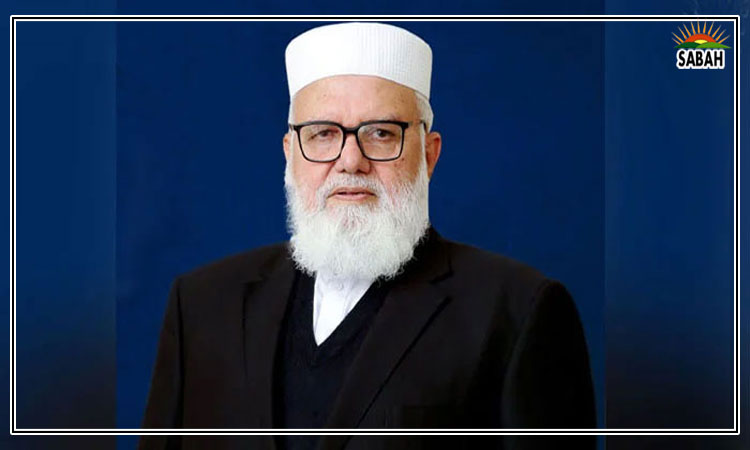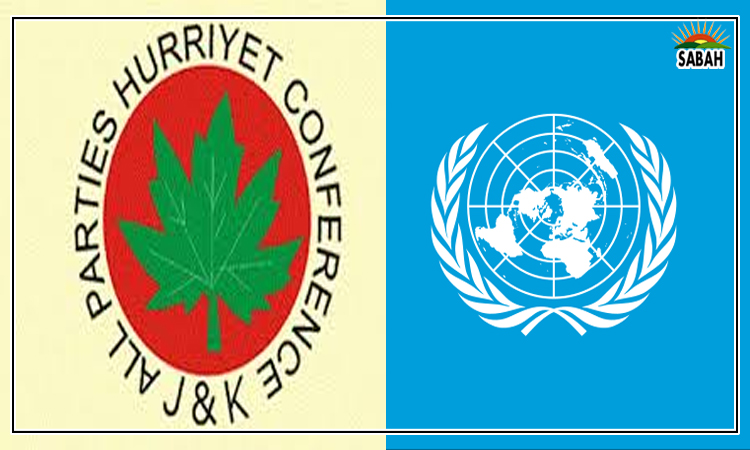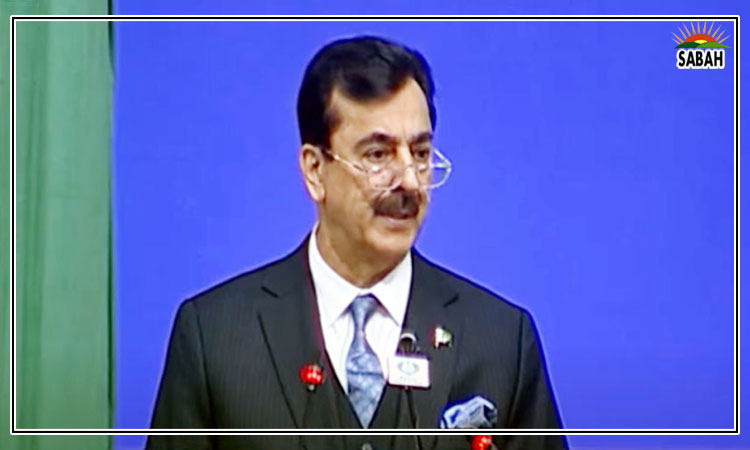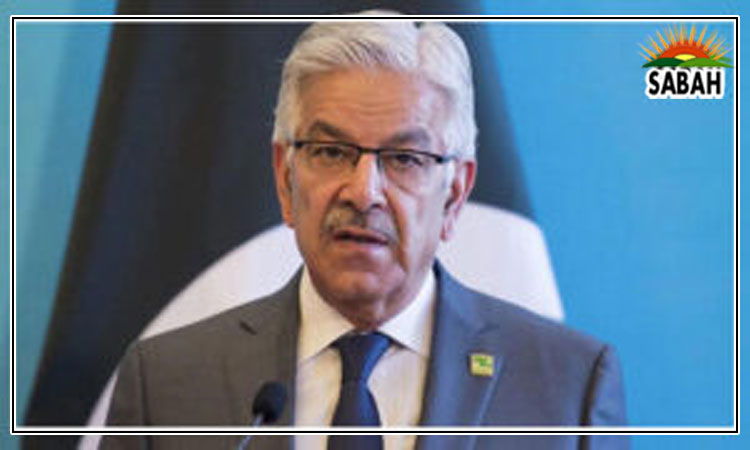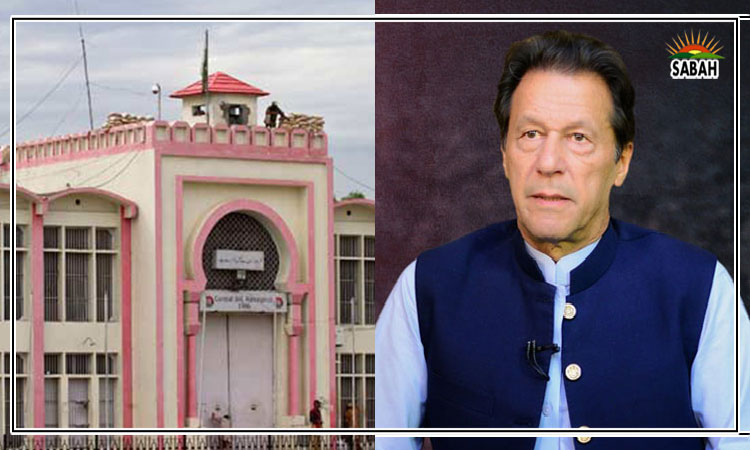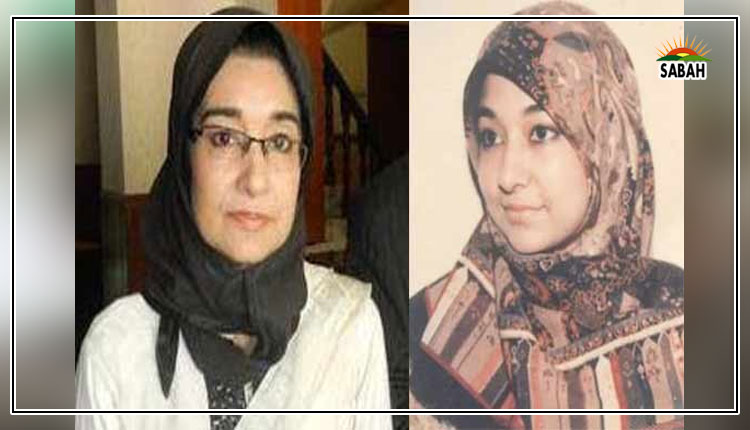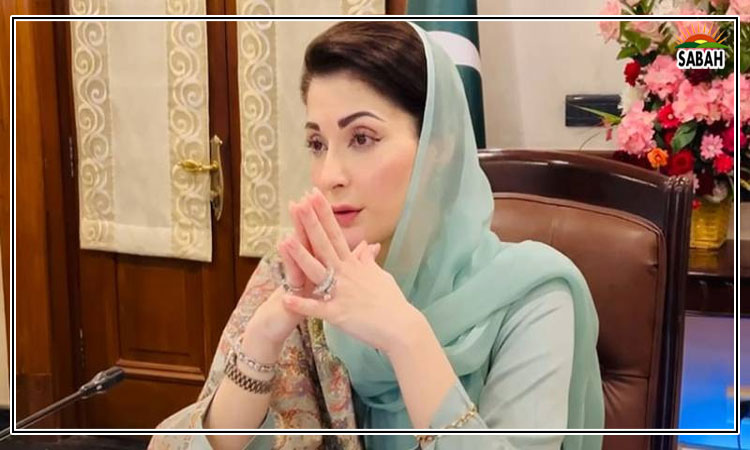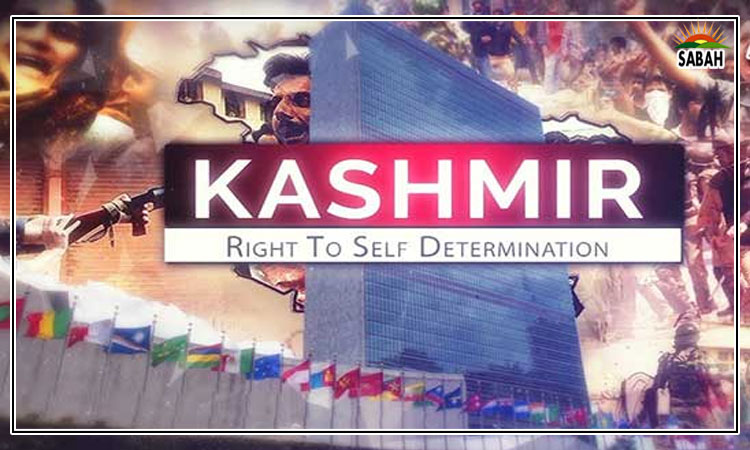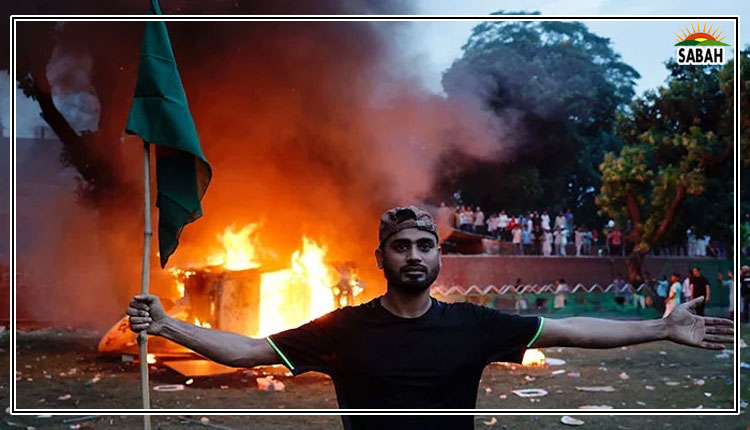Revolution in Bangladesh…Omar Quraishi
The protests in Bangladesh had been going on for some weeks, during which time the Sheikh Hasina government blocked the internet and tried to deal with the protests with an iron hand.
However, the Bangladeshi governments handling of the protests badly backfired. Hundreds of protesters many of them students were killed at the hands of the Bangladesh police or supporters of the Awami League (many of these had weapons and were seen firing straight into crowds of protesters in clips that soon became available on the internet).
Last Sunday, around 90 protesters were killed in incidents of violence all around the country. This seemed to have triggered Sheikh Hasinas fall.
The army chief, who till then had been supporting the former prime ministers actions, ordered soldiers back to the barracks and a message was sent out that the military would not be firing on the protesters.
Within the next 24 hours, on the afternoon of August 5, Sheikh Hasina had fled the prime ministers residence and the country. And we saw statues of Bangladeshs founder Sheikh Mujib being razed to the ground by a jubilant crowd of celebrating protesters.
By the evening of August 5, the Bangladesh Airforce C-130 ferrying Sheikh Hasina to a safe country had stopped over at an Indian air force base outside New Delhi where per some reports Indias National Security Adviser Ajit Doval met her. It was then reported that the ousted prime minister may seek asylum in the UK, where she has close family members, including a niece who is a Labour member of parliament.
Regardless of what happens to Sheikh Hasina and which country she eventually finds herself in, her ouster is going to have a significant impact on the South Asian region.
Lets take the biggest loser India. Even since coming to power, the BJP led by Prime Minister Narendra Modi, had more or less put all its eggs in the Sheikh Hasina basket. It has the most to lose since the Awami League government was tilted heavily towards India and its relations with Pakistan were quite poor. Of course, theres little love lost for Pakistan in general in Bangladesh, but that feeling was accentuated during the 15 years that Sheikh Hasina was in power.
This explains why the first country she chose to go to when fleeing was India. It also explains why most Indian news channels were obsessed all day long about how bad they thought the change would be for Bangladesh even as their invited guests from Bangladesh kept responding that it would be good because Sheikh Hasina had effectively killed off democracy during her 15 years in power.
As for Pakistan, it will be quietly glad that Sheikh Hasina is gone because she was no friend of Pakistan and was seen as being very close to India and under its influence. That may well change now, depending on who heads the interim government which the Bangladesh military has said will soon be formed to lead the country.
Khaleda Zias Bangladesh Nationalist Party has always been seen as more balanced in its approach to relations with other countries in South Asia. Furthermore, the Jamaat-e-Islami which was banned by Sheikh Hasinas government is likely to come into prominence and will quite possibly be part of the new interim government. This will certainly not be to the liking of an India led by Modi, which now has more or less an institutionalized policy of persecuting Indias minorities, in particular Muslims.
By siding too much with Sheikh Hasina for the past 15 years, India now will have to start from scratch to build ties with the new interim government in Dhaka. For Pakistan, of course, this will be a much-awaited opportunity to improve ties and to bring them back to where they were before 2009 when Sheikh Hasina took over as prime minister and to expand its sphere of influence to a country that shares a long border with Indias east.
There are some in Pakistan who take inspiration from the revolution in Bangladesh and hope that something similar may happen in Pakistan. These are mostly supporters of currently jailed former prime minister Imran Khan. However, just a few months ago many of these people were praising Sheikh Mujib as a symbol of standing up to the power of the military as happened in 1971 and for that, they were criticized by many Pakistanis who dont share their political inclinations.
And now the same people are praising the Bangladesh protesters for what they had done, and commending their courage which resulted in Sheikh Hasinas ouster. The contradiction and hypocrisy inherent in these two stances are hard to ignore and suggest that any line can be taken as long as the objective is to fashion an argument for Imran Khans release from prison.
Moving beyond leaders and cults, only time will tell how beneficial the change in Bangladesh will be for Pakistans relations with that country. For now, the impact will be more on India and it will see the past 15 years as a total loss.
Courtesy The News


